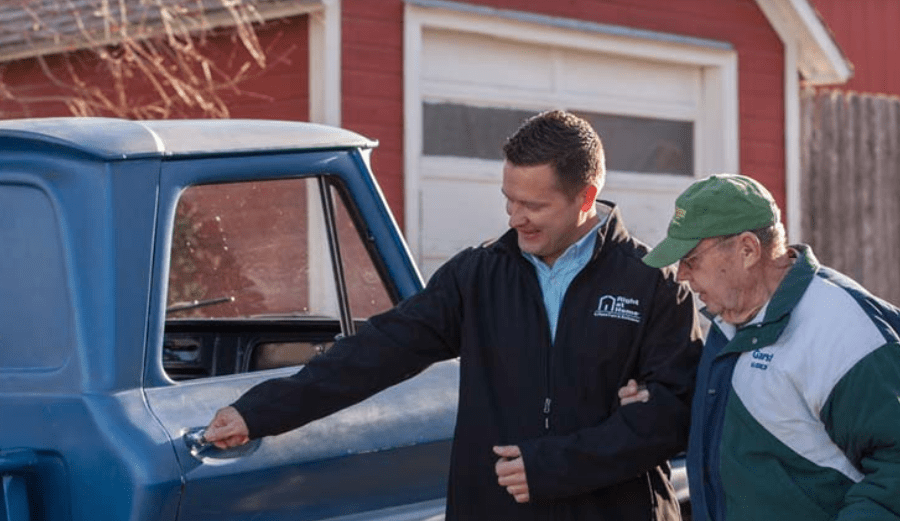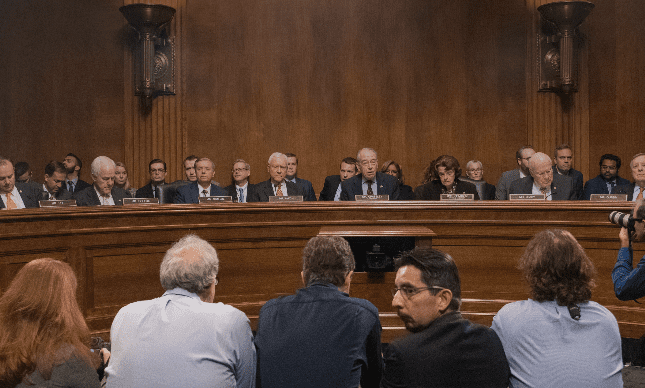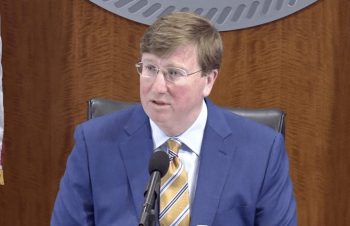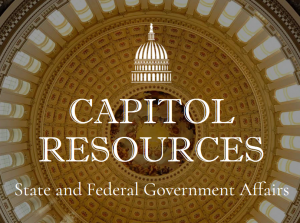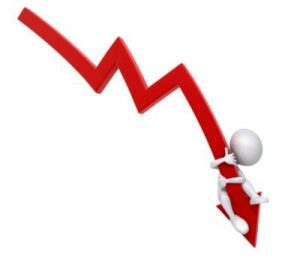
Nearly 17 million Americans have filed for unemployment assistance in the past three weeks. That is more than 1 in 10 workers who are out of work. Estimates show that number could rise over 20 million by next week and will likely continue to grow the longer the economy remains effectively shutdown.
Last week, 46,000 Mississippians lost their job, resulting in an 8,000% increase in unemployment claims in the state over the past three weeks, and more are trying to get through to call centers every minute.
That is simply financially unsustainable for millions of families as well as local, state and national government budgets.
All of this, of course, is a result of the governments in 48 states closing non-essential businesses in an attempt to slow the spread of the coronavirus.
Entertainment venues, retail stores, restaurants, salons and barber shops, casinos, and numerous other businesses large and small have locked their doors and sent their employees home. While small businesses are impacted by this the most, large chains and manufacturers are now considering whether or not to reopen when it is determined to be safe to do so, whenever that may be. Even hospitals and medical clinics are considering layoffs or furloughs with their elective and supporting service revenues declining.
The uncertainty is killing the American workforce and will have long term effects in what Democrats often call “fly-over country,” that expanse of the nation situated between the liberal east and west coasts. It is in this area of the nation that the effects of this economic collapse will be seen for the foreseeable future.
Unlike California or New York with their populous areas supported by the nation’s wealthiest elites, when states like Mississippi have sudden, drastic disasters, whether it be a hurricane or a pandemic, the economic impact has a much more prolonged life-cycle. The money simply does not flow as freely in these parts. Hurricane Katrina hit in 2005 and cities continue to grapple with vacant storefronts, lack of investor confidence, slabs where homes once stood, and a shortage of affordable housing options some 15 years later.
Yes, the nation is in the throes of what health care experts say could be the worst thus far in terms of an uptick in cases and deaths but that does not mean the economic costs should not be weighed and balanced as the nation combats this silent enemy.
What has been glossed over by many is that this virus is not going away any time soon. The virus is likely to come back in waves seasonally until an effective vaccine has been tested and made nationally available for the masses or herd immunity is established to a functional level. However, even then those same experts are unclear as to whether a vaccine or herd immunity will prevent the virus fully as there is always the chance for mutations and other strains to form over time. So very much remains that scientists simply do not know about the virus.
There must be a way forward that provides reasonable adherence to health warnings while removing the draconian measures that are stifling the economy, and it must be communicated and supported by Republicans and Democrats alike, sooner rather than later, for the sake of those families in states like Mississippi.
A plan to reopen the economy should be rolled out as soon as it is feasible to flatten the economic impact curve to give families and investors hope in the midst of what is quickly becoming a nightmare with no end in sight.
Guidance could be rolled out to discourage those over 60-65 and any immuno-compromised persons to be out and about, while continuing to mandate social distancing from that group by their family and friends. Entrepreneurs could be called upon to find ways to serve this segment of the population in new ways, enlisting the American capitalistic spirit to help them adjust to a new normal while connecting with their loved ones and being engaged in society.
Further guidance for face coverings or masks in public could be instituted, making it a requirement if you are to attend public venues. Instituting limited seating in theaters or sports venues, the number of shoppers allowed in retail stores or diners in restaurants, management of queuing in lines, spacing of counters or display racks, and the like could be considered as immediate guidance to get the economy rolling again for those not in the most vulnerable population.
Opportunity abounds in how we combat the economic crisis while also adhering to health warnings. It will be a balance, and it will take personal responsibility and self awareness.
But for millions of Americans who are doing what is required to flatten the viral curve today, the economic impact curve must also be flattened, and soon, if they are to have hope for a meaningful financial recovery.
